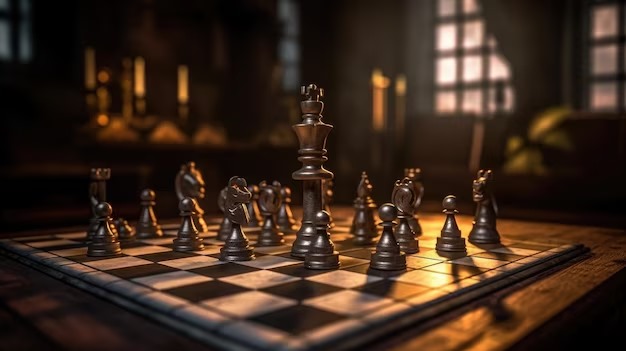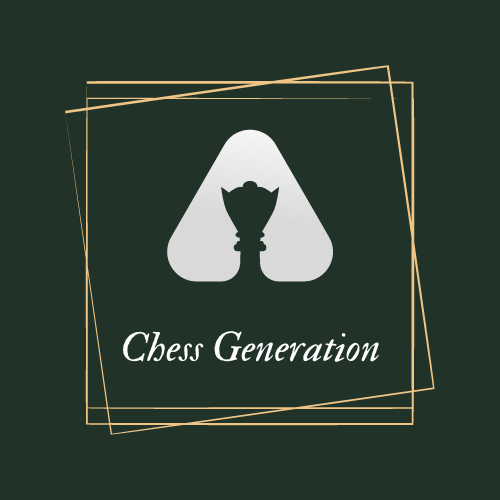Isn’t the narrow definition of ‘game’ insulting to chess? However, it is neither a science nor an art, or rather something in between, hovering between the two… This game combines the most contradictory notions: it is both ancient and eternally new; mechanical in its basis but bringing victory only to the one who has imagination; limited to a tight geometric space – and at the same time boundless in its combinations; continuously developing – and completely barren; thought without conclusion, mathematics without results, art without works, architecture without stone. … This game has stood the test of time better than all books and creations of men, this is the only game that belongs to all peoples and all ages, and no one knows the name of the deity who brought it to earth to dispel boredom, to refine the mind, to encourage the soul. Where is its beginning and where is its end?”
Stefan Zweig. Chess Novella
What is Chess?
Chess is not just a game, it is an art, a science, and a sport at the same time.
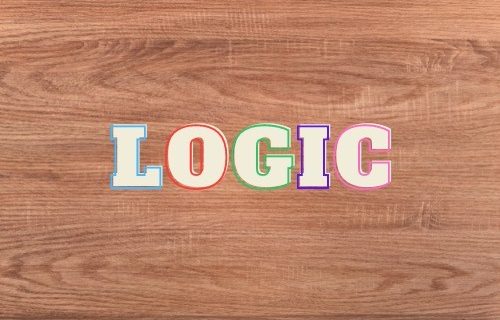
Chess in terms of logical reasoning allows us to idealize the reasoning that is expressed by the results of the chess player’s rational thought activity.
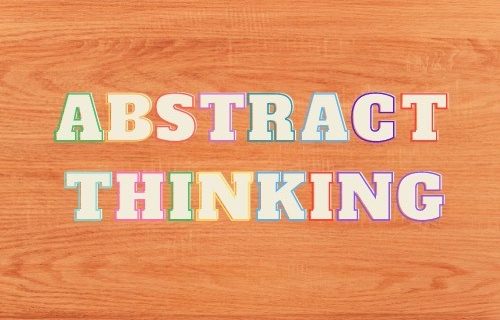
The cost of a mistake in chess is very high. Most of the actions are carefully thought out and calculated by the player. These operations have to be performed without moving pieces. That is, the situation is modeled and the best options for its realization are selected.
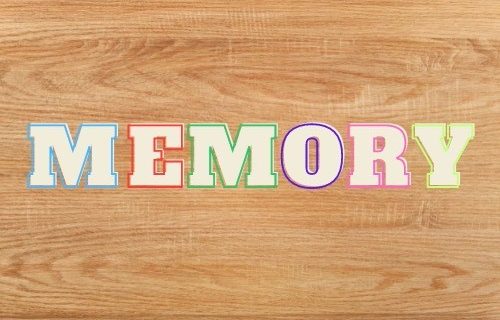
Chess is an excellent way to train a person’s memory. During the game, our brain simultaneously engages both long-term and working memory.
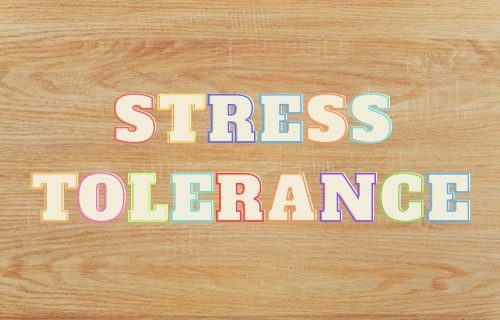
Tense gameplay under the scrutiny of your opponent, where every move can be your last, teaches you to stay calm under pressure. When you stay calm in a stressful situation, your brain works at its best. That’s why you make smarter decisions and fewer mistakes.

A good memory is the key to success in chess. Knowing the strongest moves in the opening and typical moves saves us from having to reinvent the wheel in every position.
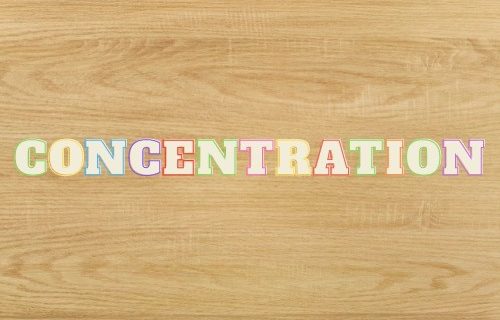
Playing chess regularly can increase the number of neurons responsible for concentration and attention, making us more efficient at problem solving and increasing productivity.
The development of logical, abstract, strategic thinking, stress resistance, planning, and concentration - all of the above allows you to develop Chess. Chess is unique in that it teaches you to think in a playful, very natural form for children. In addition, there is always a concrete result - win, lose, draw.

Chess is a generational game with an ancient history. To understand what chess is, we suggest you join our professional team who will tell/show you the magic of chess and make you fall in love with chess.
